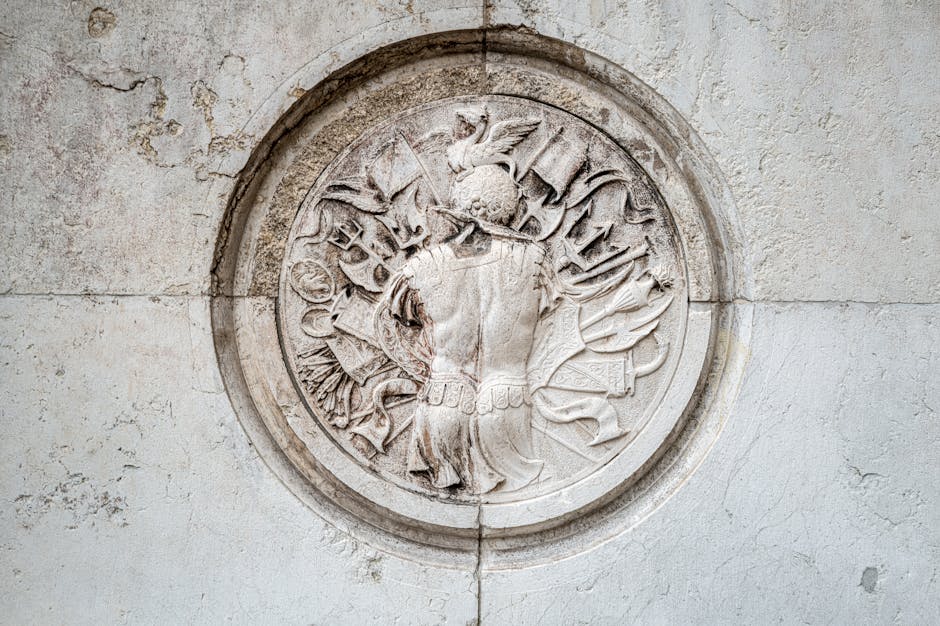
Unveiling Fragrance Rituals: Ancient Traditions That Mesmerize the Senses
Have you ever wondered about the stories behind fragrances that transport us to another time and place? Fragrance rituals have a rich history dating back centuries, captivating our senses and evoking emotions. Let's take a fascinating journey through ancient traditions that continue to mesmerize us today.
One of the oldest fragrance rituals originates from ancient Egypt, where scented oils played an integral role in religious ceremonies. Egyptians believed that pleasing scents could purify the soul and communicate with deities. Fragrance was a symbol of luxury and power, and ancient Egyptians even used perfumed ointments as part of their burial rituals.
Ancient Greece also had its own fragrance rituals, with a focus on natural elements. Greek mythology is filled with stories that revolve around scents, from the alluring fragrance of flowers to the aromatic blend of herbs. Greeks believed that fragrances had the power to heal both the body and mind, and they often used scented oils as part of their bath rituals.
Across the world in ancient India, the art of fragrance had a spiritual significance. Ayurveda, the traditional Indian system of medicine, incorporated the use of fragrances to balance different energies within the body. Sandalwood, jasmine, and rose were popular choices for their calming and uplifting effects. Burning incense sticks, known as agarbatti, still remains an important part of Indian rituals and meditation practices.
From the Far East, we have the intriguing world of Japanese incense ceremonies. Known as kōdō, these ceremonies originated from the practice of bringing Buddhist sutras to Japan. The appreciation of fragrances became an art form, with each scent carefully selected and appreciated for its unique qualities. Japanese incense ceremonies are often used for meditation, promoting focus and relaxation.
These ancient fragrance rituals have influenced our modern-day perfumery, and their legacy continues to inspire the creation of captivating scents. Exploring these traditions not only enriches our understanding of fragrance but also connects us to our heritage.
